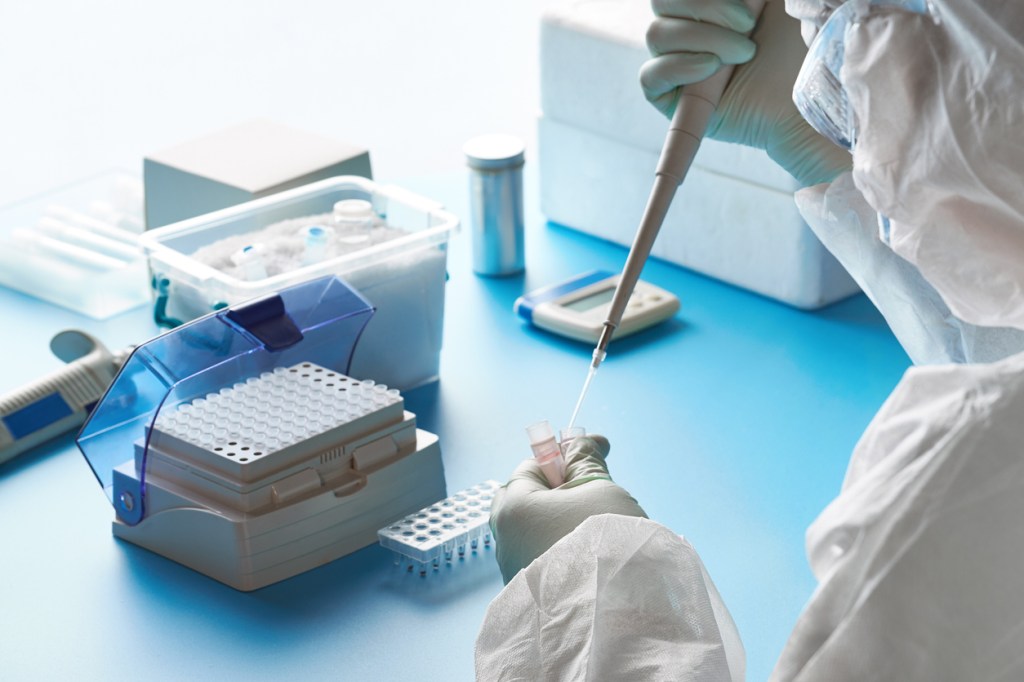How excited should we be about the latest news of the Oxford vaccine? At least this time, we have a paper in a scientific journal, the Lancet, to go by. The paper reports that 1,077 people took part in the trial and that 90 percent developed antibodies to the SARS-CoV-2 virus after a single dose of the vaccine. All developed antibodies after a second dose.
The trial also tested for adverse side-effects — which were widespread, but all of which were described as ‘mild’ or ‘moderate’. Some patients were given acetaminophen along with the vaccine, but of those who were not, 70 percent reported a sense of fatigue and 68 percent reported a headache. Interestingly, this makes symptoms from the vaccine far more widespread than symptoms from the actual disease — studies have suggested that up to 80 percent of people infected with the virus remain entirely asymptomatic.
Headaches and fatigue would be a price well worth paying, of course, if it prevented the serious cases and deaths from COVID-19. What we don’t yet know, however, is whether the Oxford vaccine really will prevent infection by the virus. The presence of antibodies is not a guarantee that a person could not develop COVID-19, and neither do we know yet whether the antibodies will remain present in the body much longer than 28 days — the period over which the trial was conducted. The authors of the Lancet study suggest that a good result would be for the vaccine to confer immunity from the disease for at least six months. Nor do we yet know the effect of the vaccine on older people — this stage of the trial involved only the 18 to 55 age group. A vaccine will not be of much use, however, unless it protects the over-70s — who are by far the most-likely to die or develop serious symptoms from COVID-19.
[special_offer]
We won’t really know the efficacy of the Oxford vaccine until after the next stage of the trial has been completed. This will involve administering the vaccine to large numbers of people in the community — including 2,000 in South Africa and 5,000 in Brazil, where the incidence of COVID-19 is still high — and seeing how many, if any, go on to contract COVID-19. Until that stage of the trial has been completed, British government ministers would be well advised to avoid any further comments about a ‘world-beating’ UK vaccine. We have had rather too many promises of world-beating British innovations in recent months, none of which have lived up to their billing.
This article was originally published onThe Spectator’s UK website.


















